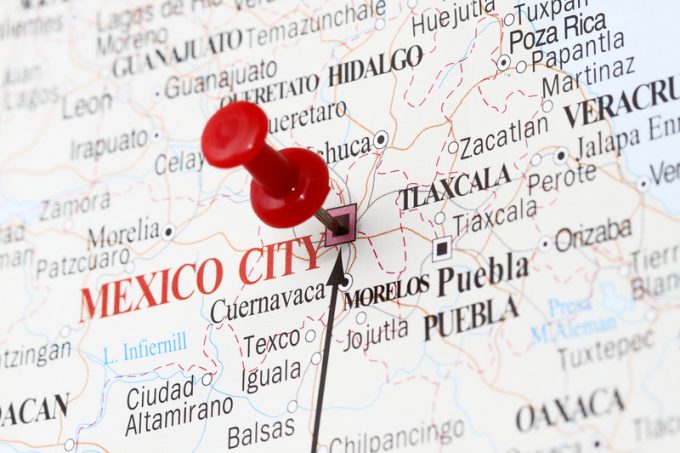South America will benefit as air cargo traffic diverts from the transpacific
South America is set to be a main attraction amid capacity cuts on the transpacific, ...

The fate of the new airport for Mexico City is in the hands of the populace, after president-elect Andrés Manuel López Obrador announced a vote would be held in October to determine whether or not to proceed with the project.
The incoming president, who won the elections ...
Four crew members still missing as Wan Hai 503 continues to burn
Explosions and 'out-of-control' fire reported on Wan Hai box ship
Predatory rivals circle as the ripples from DSV's Schenker buy widen
MSC Elsa crew face criminal probe, as Wan Hai 503 firefighters battle on
'It's driving us mad', say forwarders as US court fails to end tariff turmoil
Transpacific rates ease as capacity boost proves too much for trades to digest
European port congestion easing – for now
CMA CGM 'testing the water' of the Suez Canal for more services
Latest Israeli attack on Iran a threat to box ships in Straits of Hormuz
Flexport: Sanne Manders talks profitability, fire-sales and Dave Clark
More legal trouble in India for MSC: feeder vessel detained after box ship disasters
DSV insiders hit back at Kuehne & DHL GF – got a 'pro integration' going
MSC to hold 15% global container terminal market share after Hutch buy
EXCLUSIVE: Schenker top exec departs 'One DSV' – fishing continues (Part 1)
DHL makes €500m bid to increase its presence in 'fast-growing Gulf markets'
EXCLUSIVE: The good old DSV, 'Winning as One' – all Schenker top dogs out (Part 2)

Comment on this article